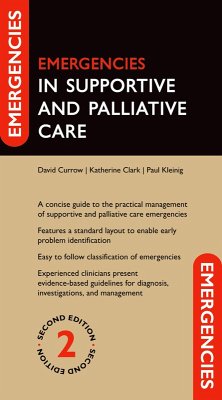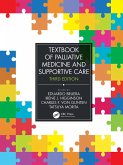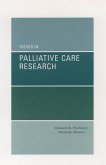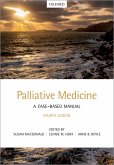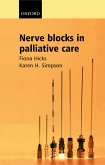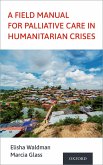Fully revised according to up-to-date clinical guidance, this second edition provides a practical, accessible guide to emergency situations encountered in the practice of supportive and palliative care. Designed for rapid use, it addresses the immediate clinical challenges while more definitive measures are being put in place. Structured around frequently encountered symptoms, the book is split into two sections. The first section explores how patients with life-limiting illnesses such as cancer, AIDS, and end-stage organ failure normally present, and looks at the reversibility of their condition. The second section provides a detailed approach to specific clinical conditions, and is for use once the clinical diagnosis has been reached on the basis of the presenting symptoms. An improved order to the table of contents for this edition matches clinical practice. Guiding the decision-making process is an understanding of where the patient is on their disease trajectory. The book uses three categories (terminal, deteriorating, and stable), which consider how the patient's needs are changing as their disease progresses. A brand new chapter 'Care at the end of life' outlines good clinical care for the last hours days of life when the diagnosis of dying has been actively made. The book provides trainees in palliative medicine, nurses, family doctors, and other allied health professionals with a pocket guide to the emergency care of people requiring supportive and palliative care, and it complements and cross-refers to the Oxford Handbook of Palliative Care.
Dieser Download kann aus rechtlichen Gründen nur mit Rechnungsadresse in A, B, BG, CY, CZ, D, DK, EW, E, FIN, F, GR, HR, H, IRL, I, LT, L, LR, M, NL, PL, P, R, S, SLO, SK ausgeliefert werden.

